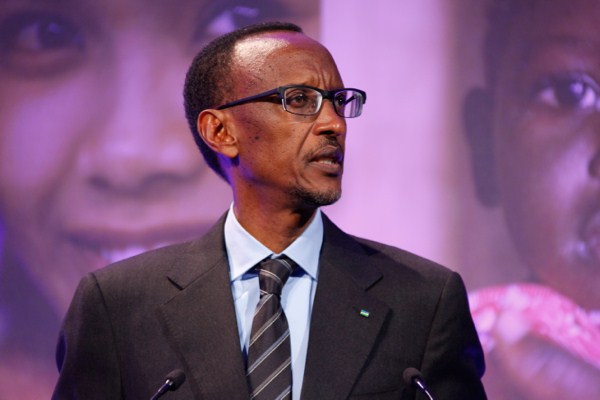Last month, three high-ranking Rwandan military figures close to President Paul Kagame were arrested and charged with so-called crimes against state security. The military purges have fueled fears of a political crisis for Kagame with dissension among the ranks of his party and backers in the army. Although officers have been arrested in the past and former Kagame supporters have fled the country and openly opposed him, last month’s detentions reveal growing insecurity within the regime, particularly when viewed in conjunction with a crackdown on other internal suspects of what the government considers “subversion.”
Kagame’s Tutsi-dominated regime, which came to power in 1994 after winning a civil war and ending a genocide, has all the appearances of a solid autocracy. The Rwanda Patriotic Front (RPF) established and maintained hegemony by closing the political landscape, organizing fraudulent elections, eliminating the political opposition and civil society, violating human rights and victimizing the Hutu ethnic majority. With a solid army and omnipresent intelligence services that operate at home and abroad, it seemed an unassailable “securocracy” for most of the past two decades.
But cracks in Kagame’s regime began to become more visible in 2010. During the presidential election that year, former close associates of Kagame who had gone into exile abroad—including the former army chief of staff, head of external intelligence, head of the president’s office and general prosecutor—founded the Rwanda National Congress (RNC) to openly oppose Kagame. Having occupied high functions in the state and the military, this group of “renegades,” as they were called in Kigali, knew the regime’s security details and other secrets.

